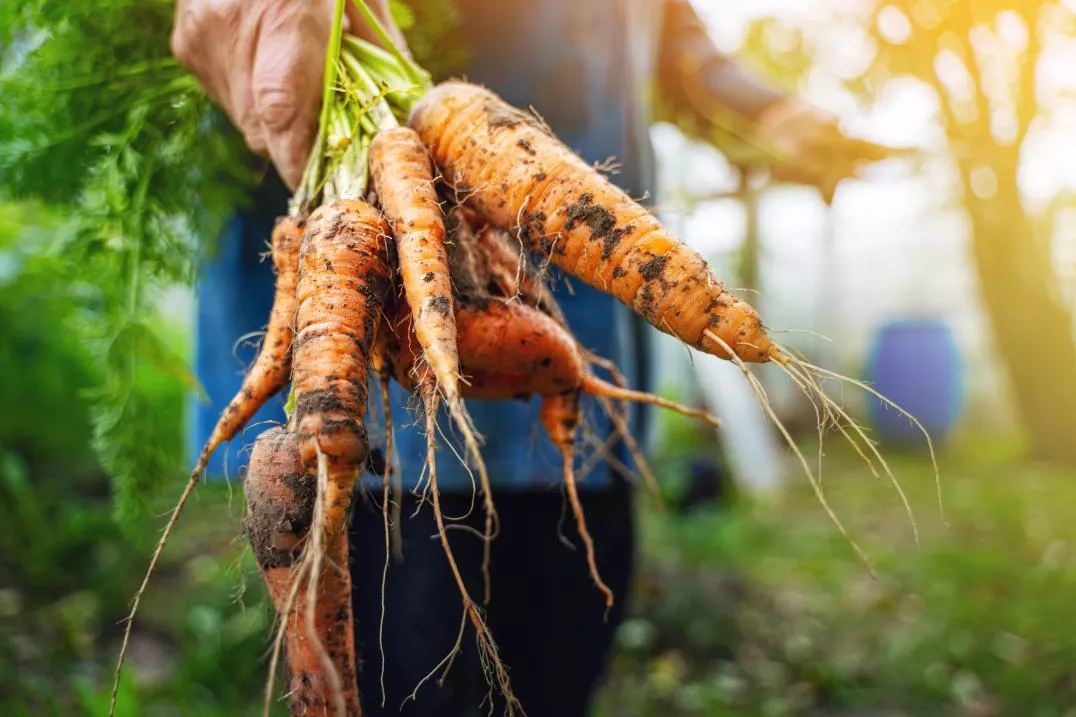Action Plan for the Development of Organic Production in the EU
The European Commission has developed the Action Plan for the Development of Organic Production in the EU to help the organic sector reach its full potential and meet the goals of the European Green Deal.

Organic farming is a farming method that uses natural substances and processes to produce food. This means that organic farming has a low environmental impact. In accordance with the EU regulation for organic production, it is very restrictive on the use of different synthetic products and prohibits the use of mineral nitrogen fertilisers and chemical pesticides. Organic agriculture is a system that sustains the health of soils, ecosystems, and people and therefore has positive effects on our environment, soil, climate, biodiversity, animal welfare, farmer incomes, rural development and more.
As part of the European Green Deal, the Farm to Fork and Biodiversity Strategies aim to achieve at least 25% of the EU’s agricultural land under organic farming by 2030. The European Commission has developed the Action Plan for the Development of Organic Production in the EU to help the organic sector reach its full potential and meet the goals of the European Green Deal.
The action plan is divided into 3 parts:
- Axis 1: stimulate demand and ensure consumer trust.
- Axis 2: stimulate conversion and reinforce the entire value chain.
- Axis 3: organics leading by example: improve the contribution of organic farming to environmental sustainability.
To support the ambitions of the action plan, the Commission intends to dedicate at least 30% of the budget for research and innovation actions in the fields of agriculture, forestry and rural areas to topics specific to or relevant for the organic sector.
There are many actions planned, they include for example the launch of annual awards recognising the excellence in the organic value chain. You can take a look at the winners of the 2022 edition here, categories include best organic farmer (female and male) and best organic small or medium enterprise.
Another action is an EU network of national ‘organic ambassadors’ promotes organic production at the national level and helps exchange best practices at the EU level. Promoting innovative approaches, including new ways to collaborate, and exchanging good practices can support farmers, organisations and others in the value chain in their efforts to successfully convert to organic farming.